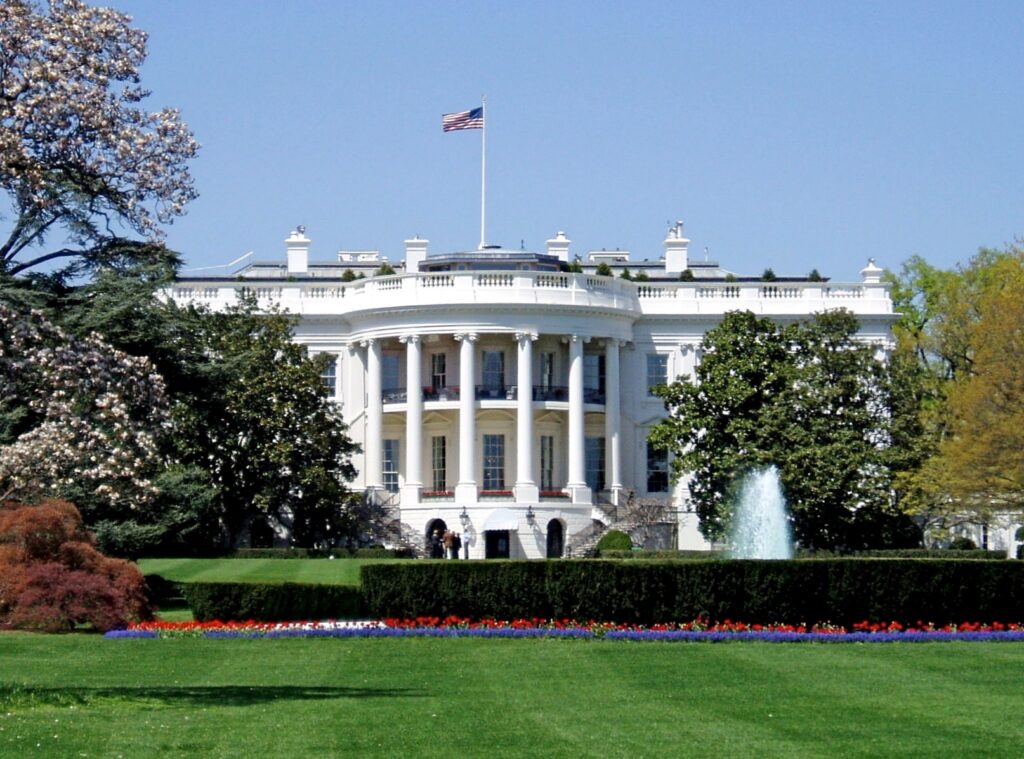The Final Reconciliation Package: Implementation of Key Provisions
On July 4, 2025, H.R. 1, the One Big Beautiful Bill Act, was signed into law. The implementation dates for key health care provisions in the law vary, with some taking effect immediately upon passage and others being implemented over several years. This resource details key dates for the implementation of the law’s most significant health care provisions.
Deadlines in Health-Related Executive Orders and Presidential Memoranda
This GIH policy resource details many of the health-related executive orders issued by the administration and includes a calendar of upcoming implementation deadlines.
Beyond the Exam Room: Impacting Health Outcomes Through Civic Engagement
August marks Civic Health Month, a time to showcase the link between voting and health and celebrate efforts that ensure every voter can support their community’s health at the ballot box. At the same time, the United States is grappling with a health care system ranked 37th globally despite consuming 17 percent of the country’s GDP. With 26 million Americans uninsured and 43 million underinsured, the gap in access to care continues to widen. This crisis will deepen as critical ACA subsidies expire at the end of 2025, potentially leaving 3.8 million more Americans without coverage, in addition to new federal cuts to Medicaid and changes to how coverage is accessed through the health insurance marketplace, which could result in as many as 20 million Americans losing their health insurance.
Working to Fill the Information Gaps in Cancer Care
Upon hearing the words “you have cancer” many questions are apt to run through a patient’s mind. Key among them is: Where do I go to get the best care? Today, meaningful information to help patients answer this question is lacking. The California HealthCare Foundation is funding projects to try to fill this gap.
Optimizing Health Insurance Marketplace Enrollment through Collaboration, Technical Assistance, and Promotion
The passage of the Affordable Care Act provided many health foundations an unprecedented opportunity to expand affordable coverage to lower-income and vulnerable people through the new health insurance marketplaces.
“Acting Bigger” by Partnering with Government
In the spring of 2014, the Southeastern Council of Foundations (SECF) convened more than a dozen health legacy foundation CEOs from throughout the southeastern United States to reflect on the Monitor Institute’s monograph, What’s Next for Philanthropy: Acting Bigger and Adapting Better in a Networked World.
2014 Call for GIH Board Nominations
GIH seeks nominations for its board of directors for terms beginning immediately after the annual conference in March 2015. Nominations are due on Friday, September 5.
Reflections on Building the Advocacy Capacity of Nonprofit Organizations
The Kansas Health Foundation reflects on a series of multiyear, targeted investments to build Kansas Action for Children’s advocacy capacity, and shares several lessons learned along the way.
2014 Terrance Keenan Institute Fellows Named
GIH is pleased to announce the 2014 Terrance Keenan Institute for Emerging Leaders in Health Philanthropy class of fellows.




